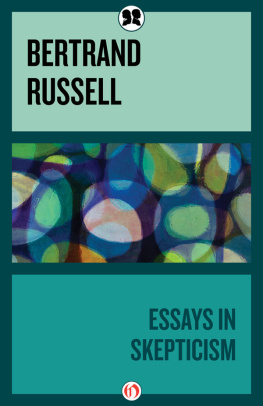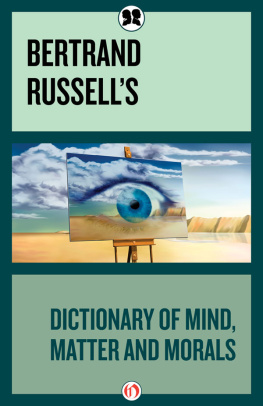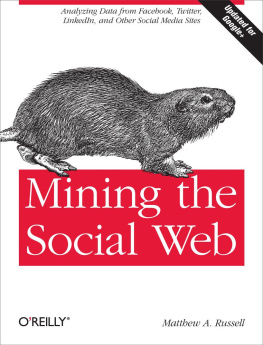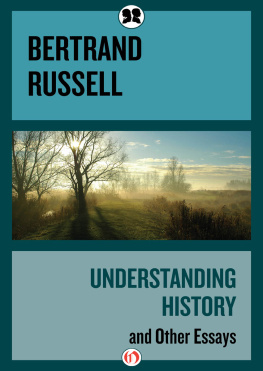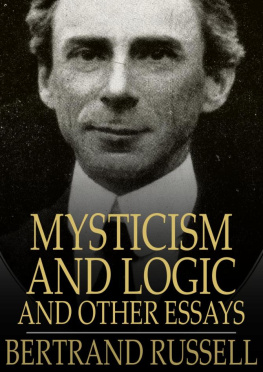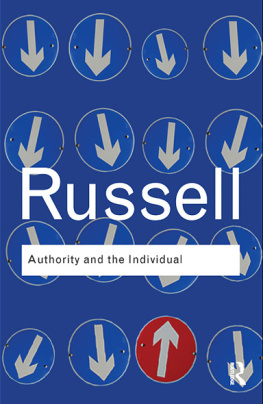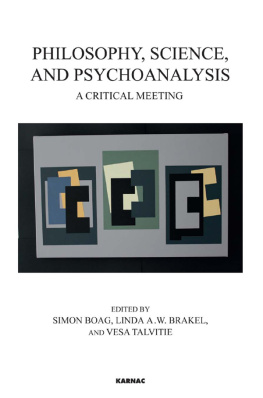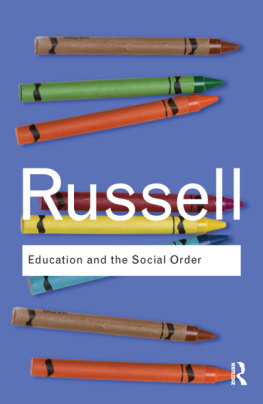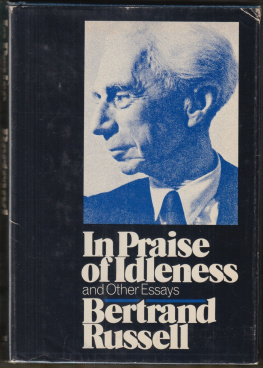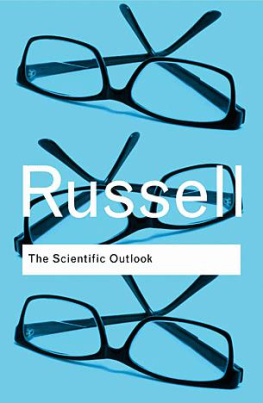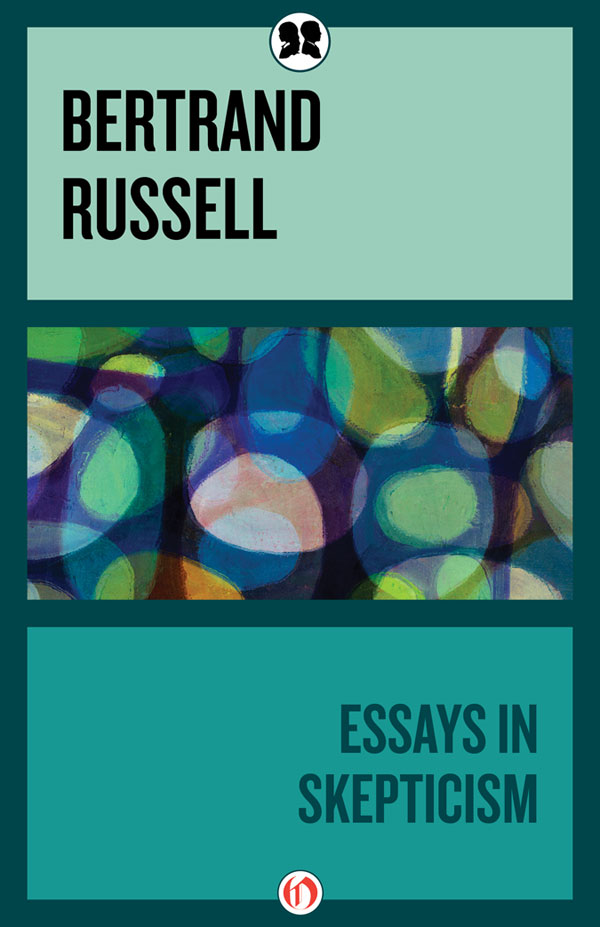I
MANS RECORD OF BELIEFS
PRINCIPAL CAUSES ARE HUMAN
The misfortunes of human beings may be divided into two classes: First, those inflicted by the non-human environment, and, second, those inflicted by other people. As mankind have progressed in knowledge and technique, the second class has become a continually increasing percentage of the total. In old times, famine, for example, was due to natural causes, and, although people did their best to combat it, large numbers of them died of starvation. At the present moment large parts of the world are faced with the threat of famine, but although natural causes have contributed to the situation, the principal causes are human. For six years the civilized nations of the world devoted all their best energies to killing each other, and they find it difficult suddenly to switch over to keeping each other alive. Having destroyed harvests, dismantled agricultural machinery, and disorganized shipping, they find it no easy matter to relieve the shortage of crops in one place by means of a superabundance in another, as would easily be done if the economic system were in normal working order. As this illustration shows, it is now man that is mans worst enemy. Nature, it is true, still sees to it that we are mortal, but with the progress in medicine it will become more and more common for people to live until they have had their fill of life. We are supposed to wish to live forever and to look forward to the unending joys of heaven, of which, by miracle the monotony will never grow stale. But in fact, if you question any candid person who is no longer young, he is very likely to tell you that, having tasted life in this world, he has no wish to begin again as a new boy in another. For the future, therefore, it may be taken that much of the most important evils that mankind have to consider are those which they inflict upon each other through stupidity or malevolence or both.
MANS WORST ENEMYMAN
I think that the evils that men inflict on each other, and by reflection upon themselves, have their main source in evil passions rather than in ideas or beliefs. But ideas and principles that do harm are, as a rule, though not always, cloaks for evil passions. In Lisbon when heretics were publicly burnt, it sometimes happened that one of them, by a particularly edifying recantation, would be granted the boon of being strangled before being put into the flames. This would make the spectators so furious that the authorities had great difficulty in preventing them from lynching the penitent and burning him on their own account. The spectacle of the writhing torments of the victims was, in fact, one of the principal pleasures to which the populace looked forward to enliven a somewhat drab existence. I cannot doubt that this pleasure greatly contributed to the general belief that the burning of heretics was a righteous act. The same sort of thing applies to war. People who are vigorous and brutal often find war enjoyable, provided that it is a victorious war and that there is not too much interference with rape and plunder. This is a great help in persuading people that wars are righteous. Dr. Arnold, the hero of Tom Browns Schooldays, and the admired reformer of Public Schools, came across some cranks who thought it a mistake to flog boys. Anyone reading his outburst of furious indignation against this opinion will be forced to the conclusion that he enjoyed inflicting floggings, and did not wish to be deprived of this pleasure.
OUR SADISTIC IMPULSES
It would be easy to multiply instances in support of the thesis that opinions which justify cruelty are inspired by cruel impulses. When we pass in review the opinions of former times which are now recognized as absurd, it will be found that nine times out of 10 they were such as to justify the infliction of suffering. Take, for instance, medical practice. When anesthetics were invented they were thought to be wicked as being an attempt to thwart Gods will. Insanity was thought to be due to diabolic possession, and it was believed that demons inhabiting a madman could be driven out by inflicting pain upon him, and so making them uncomfortable. In pursuit of this opinion, lunatics were treated for years on end with systematic and conscientious brutality. I cannot think of any instance of an erroneous medical treatment that was agreeable rather than disagreeable to the patient. Or again, take moral education. Consider how much brutality has been justified by the rhyme:
A dog, a wife, and a walnut tree,
The more you beat them the better they be.
I have no experience of the moral effect of flagellation on walnut trees, but no civilized person would now justify the rhyme as regards wives. The reformative effect of punishment is a belief that dies hard, chiefly I think, because it is so satisfying to our sadistic impulses.
But although passions have had more to do than beliefs with what is amiss in human life, yet beliefs, especially where they are ancient and systematic, and embodied in organizations, have a great power of delaying desirable changes of opinion and of influencing in the wrong direction people who otherwise would have no strong feelings either way. Since my subject is Ideas That Have Harmed Mankind, it is especially harmful systems of beliefs that I shall consider.
THE PLACE OF RELIGION IN MANS CRUEL RECORD
The most obvious case as regards past history is constituted by the beliefs which may be called religious or superstitious, according to ones personal bias. It was supposed that human sacrifice would improve the crops, at first for purely magical reasons, and then because the blood of victims was thought pleasing to the gods, who certainly were made in the image of their worshippers. We read in the Old Testament that it was a religious duty to exterminate conquered races completely, and that to spare even their cattle and sheep was an impiety. Dark terror and misfortunes in the life to come oppressed the Egyptians and Etruscans, but never reached their full development until the victory of Christianity. Gloomy saints who abstained from all pleasures of sense, who lived in solitude in the desert, denying themselves meat and wine and the society of women, were, nevertheless, not obliged to abstain from all pleasures. The pleasures of the mind were considered to be superior to those of the body, and a high place among the pleasures of the mind was assigned to the contemplation of the eternal tortures to which the pagans and heretics would hereafter be subjected. It is one of the drawbacks to asceticism that it sees no harm in pleasures other than those of sense, and yet, in fact, not only the best pleasures, but also the very worst, are purely mental. Consider the pleasures of Miltons Satan when he contemplates the harm that he could do to man. As Milton makes him say:
The mind is its own place, and of itself
Can make a hell of heaven, a heaven of hell.
and his psychology is not so very different from that of Tertullian, exulting in the thought that he will be able to look out from heaven at the sufferings of the damned. The ascetic depreciation of the pleasures of sense has not promoted kindliness or tolerance, or any of the other virtues that a non-superstitious outlook on human life would lead us to desire. On the contrary, when a man tortures himself he feels that it gives him a right to torture others, and inclines him to accept any system of dogma by which this right is fortified.
The ascetic form of cruelty is, unfortunately, not confined to the fiercer forms of Christian dogma, which are now seldom believed with their former ferocity. The world has produced new and menacing forms of the same psychological pattern. The Nazis in the days before they achieved power lived laborious lives, involving much sacrifice of ease and present pleasure in obedience to the belief in strenuousness and Nietzsches maxim that one should make oneself hard. Even after they achieved power, the slogan guns rather than butter still involved a sacrifice of the pleasures of sense for the mental pleasures of prospective victorythe very pleasures, in fact, with which Miltons Satan consoles himself while tortured by the fires of hell. The same mentality is to be found among earnest Communists, to whom luxury is an evil, hard work the principal duty, and universal poverty the means to the millennium. The combination of asceticism and cruelty has not disappeared with the softening of Christian dogma, but has taken on new forms hostile to Christianity. There is still much of the same mentality; mankind are divided into saint and sinners; the saints are to achieve bliss in the Nazi or Communist heaven, while the sinners are to be liquidated, or to suffer such pains as human beings can inflict in concentration campsinferior, of course, to those which Omnipotence was thought to inflict in hell, but the worst that human beings with their limited powers are able to achieve. There is still, for the saints, a hard period of probation followed by the shout of them that triumph, the song of them that feast, as the Christian hymn says in describing the joys of heaven.

